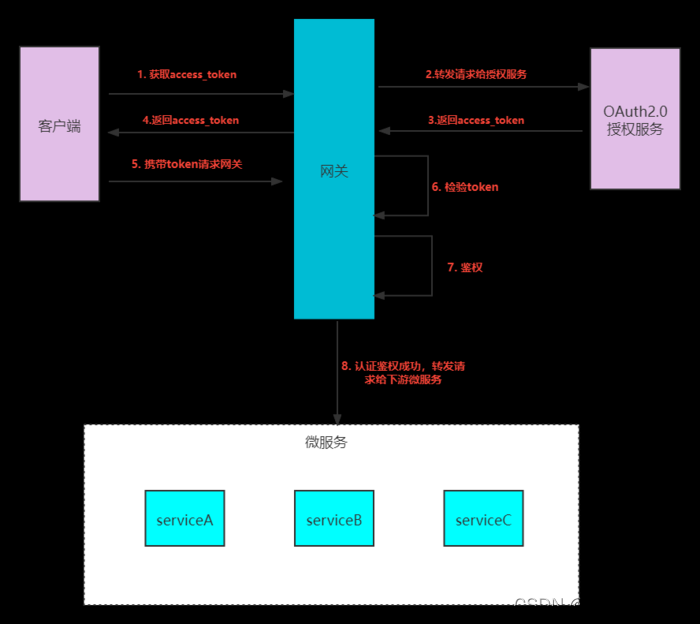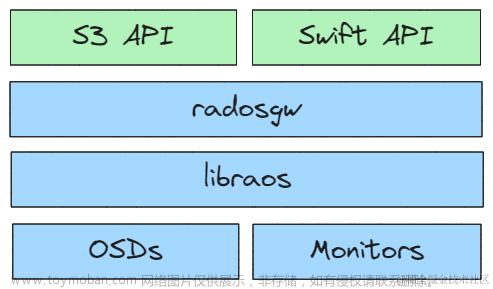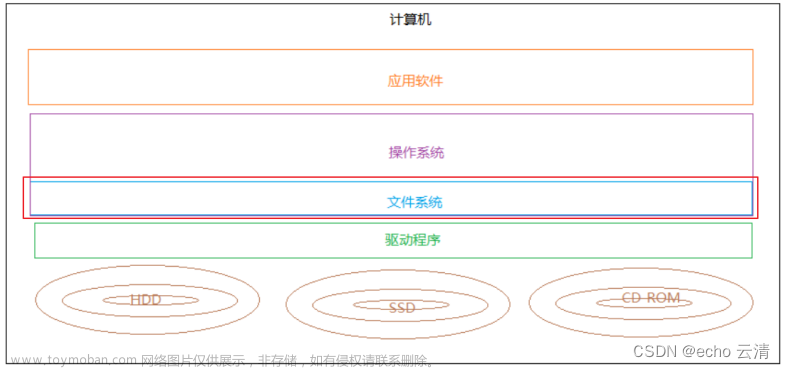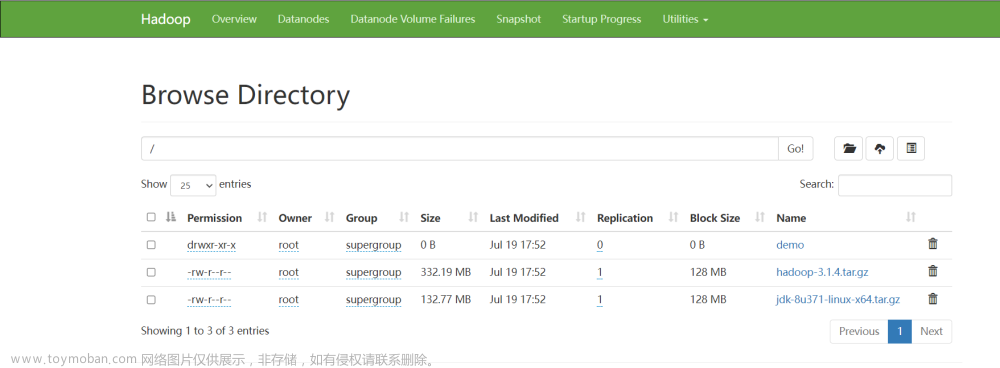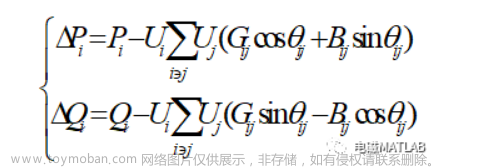1、背景
使用场景是在一个大型分布式系统下,对时间有一个较高的水平要求。因为需要矫正每台运行服务的主机时间。
2、Cristian’s algorithm 算法(克里斯蒂安算法)
Cristian's algorithm 算法是一种时钟同步算法, 用于通过客户端进程与时间服务器同步时间。此算法适用于低延迟网络, 其中往返时间与准确性相比, 它是短的, 而易于冗余的分布式系统/应用程序与该算法不能并存。这里的往返时间是指请求开始到相应响应结束之间的持续时间。
3、实现思路
令T_0 为客户端获取时钟时间请求的本地时间。
令T_1 为客户端收到服务端回执的包的本地时间。
3.1、步骤:
1、首先客户端发送时钟时间请求包;
2、服务端收到立即给该客户端回执一个服务器本地时间的包;
3、客户端收到服务器发来的回执包,进行误差计算。
3.2、公式
公式:
其中:
T_0 为客户端获取时钟时间请求的本地时间。
T_1 为客户端收到服务端回执的包的本地时间。
T_server为服务器返回的时钟时间
T_client 同步时钟时间
T_1 - T_0指网络和服务器将请求传输到服务器, 处理请求并将响应返回给客户端进程所花费的总时间;这里假设网络延迟T_0 和T_1大致相等。
客户端的时间最多与服务端时间差(T_1 - T_0)/2。
因此,我们以t作为最大容忍误差。
4、具体代码
4.1、构建时间戳
既然传输的包中需要有本地时间。所以我们需要构建一个适合自己的时间戳,当然你也可以用C++标准库自带的。
struct DateTime
{
int year;
int month;
int day;
int hour;
int min;
int sec;
int milliSec;
};
为了后续对时间进行处理运算,这里提供了一些便捷的方法。
例如 自定义时间戳转QDatetime、自定义时间戳转SYSTEMTIME等等
QDateTime DateTime::ToQDateTime() const
{
QString str = QString("%1-%2-%3 %4:%5:%6 %7")
.arg(year).arg(month).arg(day).arg(hour).arg(min).arg(sec).arg(milliSec);
QDateTime time = QDateTime::fromString(str, "yyyy-M-d h:m:s z");
return time;
}
SYSTEMTIME DateTime::ToSystmTime() const
{
SYSTEMTIME time;
time.wYear = year;
time.wMonth = month;
time.wDay = day;
time.wHour = hour;
time.wMinute = min;
time.wSecond = sec;
time.wMilliseconds = milliSec;
return time;
}
void DateTimeFrom::QDateTime(const QDateTime& time)
{
year = time.date().year();
month = time.date().month();
day = time.date().day();
hour = time.time().hour();
min = time.time().minute();
sec = time.time().second();
milliSec = time.time().msec();
}
DateTime DateTime::operator -(const DateTime& other)
{
QDateTime t1 = this->ToQDateTime();
QDateTime t2 = other.ToQDateTime();
qint64 d1 = t1.toMSecsSinceEpoch();
qint64 d2 = t2.toMSecsSinceEpoch();
QDateTime interval = QDateTime::fromMSecsSinceEpoch(abs(t1.toMSecsSinceEpoch() - t2.toMSecsSinceEpoch()));
DateTime time;
time.FromQDateTime(interval);
time.hour -= 8;
return time;
}
DateTime DateTime::operator +(const DateTime& other)
{
QDateTime t1 = this->ToQDateTime();
QDateTime t2 = other.ToQDateTime();
QDateTime interval = QDateTime::fromMSecsSinceEpoch(t1.toMSecsSinceEpoch() + t2.toMSecsSinceEpoch());
DateTime time;
time.FromQDateTime(interval);
return time;
}
DateTime& DateTime::operator +=(const DateTime& other)
{
QDateTime t1 = this->ToQDateTime();
QDateTime t2 = other.ToQDateTime();
QDateTime interval = QDateTime::fromMSecsSinceEpoch(t1.toMSecsSinceEpoch() + t2.toMSecsSinceEpoch());
FromQDateTime(interval);
return *this;
}
};
4.2、定义数据包
由于我们只需要一个时间戳并且我们需要标识一下该包是请求还是回执包,以及自身的IP信息。所以这个包将很简单。state的范围:1-请求 2-回执
struct ClockPag
{
char client[40]{ 0 };
int state = 0;
DateTime time;
};
4.3、客户端实现
头文件 ClockClient.h
#pragma once
#include "DateTime.h"
#include <QUdpsocket>
#include <QNetworkDatagram>
#include <QTimer>
extern int g_step;
constexpr int gc_port = 10023;
constexpr int gc_recvPort = 10024;
class ClockClient : public QObject
{
Q_OBJECT
public:
ClockClient();
void Start(int step = g_step * 1000);
void Stop();
private:
bool CorrectionTime();
void SendLocaltime();
QString GetLocalIp();
bool InitNetWork();
public:
DWORD AppOfSelfCheck(LPCTSTR name);
HANDLE GetProcessHandleByID(DWORD nID);
std::vector<DWORD> GetProcessIDByname(const char * name);
private slots:
void onTimerServer();
private:
QString m_localIp;
qint32 m_localPort;
ClockPag m_clockPag;
QUdpSocket m_send;
QUdpSocket m_rece;
DateTime m_oldTime;
DateTime m_currTime;
DateTime m_serviceTime;
QTimer m_timer;
QList<QHostAddress> ipAddressesList;
};
源文件 ClockClient.cpp
#include "ClockClient.h"
#include <iostream>
#include <minwindef.h>
#include <QList>
#include <QNetworkInterface>
extern int g_step;
ClockClient::ClockClient()
: m_localIp{ GetLocalIp() }
, m_localPort{ gc_port }
{
bool ret = connect(&m_timer, &QTimer::timeout, this, &ClockClient::SendLocaltime);
if (false == ret)
{
std::cout << "绑定失败!" << std::endl;
exit(EXIT_FAILURE);
}
if (false == InitNetWork())
{
std::cout << "网络初始化失败!" << std::endl;
exit(EXIT_FAILURE);
}
}
bool ClockClient::InitNetWork()
{
bool ret = m_rece.bind(gc_recvPort, QUdpSocket::ShareAddress | QUdpSocket::ReuseAddressHint);
if (false == ret)
{
return false;
}
ret = connect(&m_rece, &QUdpSocket::readyRead, this, &ClockClient::onTimerServer);
return ret;
}
void ClockClient::Start(int step)
{
m_timer.start(step); // step:10s
}
void ClockClient::Stop()
{
m_timer.stop();
}
void ClockClient::onTimerServer()
{
while (true == m_rece.hasPendingDatagrams())
{
QByteArray ba = m_rece.receiveDatagram().data();
char* buffer = new char[ba.size()];
memcpy(buffer, ba.data(), ba.size());
memset(m_clockPag.client, 0, sizeof(m_clockPag.client));
m_clockPag = *reinterpret_cast<ClockPag*>(buffer);
QString ip = m_rece.receiveDatagram().senderAddress().toString();
//ip = ip.mid(7);
if (m_localIp != QString(m_clockPag.client)
|| ip == m_localIp || m_clockPag.state != 2)
{
delete[] buffer;
buffer = nullptr;
continue;
}
m_clockPag.state = 3;
m_serviceTime = m_clockPag.time;//服务器时间
m_currTime.FromQDateTime(QDateTime::currentDateTime()); // 本地时间
delete[] buffer;
buffer = nullptr;
std::cout << "设置状态:" << CorrectionTime() << std::endl;
}
}
bool ClockClient::CorrectionTime()
{
DateTime rtt = m_currTime - m_oldTime;
rtt.hour += 8;
qint64 eee = rtt.ToQDateTime().toMSecsSinceEpoch();
qint64 rtt2 = rtt.ToQDateTime().toMSecsSinceEpoch() / 2; // 平均延时
std::cout << "校验周期(毫秒)" << rtt2 << std::endl;
DateTime midTime;
midTime.FromQDateTime(QDateTime::fromMSecsSinceEpoch(rtt2));
DateTime localTime = m_serviceTime + midTime;
//if(m_serviceTime.ToQDateTime().toMSecsSinceEpoch() >)
if (localTime.ToQDateTime().toMSecsSinceEpoch() > m_currTime.ToQDateTime().toMSecsSinceEpoch())
{
DateTime tmp = localTime - m_currTime;
tmp.hour += 8;
std::cout << "本地误差(毫秒)" << tmp.ToQDateTime().toMSecsSinceEpoch() << std::endl;
}
else
{
DateTime tmp = m_currTime - localTime;
tmp.hour += 8;
std::cout << "本地误差(毫秒)" << tmp.ToQDateTime().toMSecsSinceEpoch() << std::endl;
}
SYSTEMTIME myTime = localTime.ToSystmTime();
return SetLocalTime(&myTime);
}
void ClockClient::SendLocaltime()
{
DateTime currTime{};
currTime.FromQDateTime(QDateTime::currentDateTime());
m_clockPag.time = currTime;
memset(m_clockPag.client, 0, sizeof(m_clockPag.client));
char* ptr = const_cast<char*>(m_localIp.toStdString().c_str());
std::string str = m_localIp.toLocal8Bit().toStdString();
m_clockPag.state = 1;
for (int i = 0; i < m_localIp.size(); ++i)
{
m_clockPag.client[i] = m_localIp[i].toLatin1();
}
int len = m_send.writeDatagram(reinterpret_cast<char*>(&m_clockPag), sizeof(m_clockPag),
QHostAddress::Broadcast, m_localPort);
if (len != sizeof(m_clockPag))
{
return ;
}
m_oldTime = currTime;
return ;
}
QString ClockClient::GetLocalIp()
{
QString ipAddress;
foreach(QNetworkInterface netInterface, QNetworkInterface::allInterfaces())
{
QList<QNetworkAddressEntry> entryList = netInterface.addressEntries();
foreach(QNetworkAddressEntry entry, entryList)
{
if (entry.ip().protocol() == QAbstractSocket::IPv4Protocol && entry.ip() != QHostAddress::LocalHost)
{
QString LocalIP = entry.ip().toString();
if (LocalIP.startsWith("192.", Qt::CaseSensitive))
{
ipAddress = entry.ip().toString();
}
}
}
}
return ipAddress;
}
主函数 main.cpp
#include "ClockClient.h"
#include <iostream>
#include <string>
#include <string.h>
#include "Windows.h"
#include <tchar.h>
#include <comdef.h>
#include "tlhelp32.h"
int g_step = 20;
int main(int argc, char* argv[])
{
QCoreApplication a(argc, argv);
ClockClient client;
client.Start();
return a.exec();
}
4.3、服务端实现
头文件 ClockServer.h
#pragma once
#include "DateTime.h"
#include <QUdpsocket>
#include <QNetworkDatagram>
constexpr int gc_port = 10023;
constexpr int gc_recvPort = 10024;
class ClockServer : public QObject
{
Q_OBJECT
public:
ClockServer();
HANDLE GetProcessHandleByID(DWORD nID);
std::vector<DWORD> GetProcessIDByname(const char * name);
void AppOfSelfCheck(const char * name);
private:
bool InitNetWork();
void onCheckTime();
private:
qint32 m_localPort;
QUdpSocket m_send;
QUdpSocket m_rece;
};
源文件 ClockServer.cpp
#include "ClockServer.h"
#include <iostream>
ClockServer::ClockServer()
:m_localPort{gc_port}
{
bool ret = InitNetWork();
if (false == ret)
{
std::cout << "网络初始化失败" << std::endl;
exit(EXIT_FAILURE);
}
}
bool ClockServer::InitNetWork()
{
bool ret = m_rece.bind(/*QHostAddress(m_localIp),*/ m_localPort);
if (false == ret)return ret;
ret = connect(&m_rece, &QUdpSocket::readyRead, this, &ClockServer::onCheckTime);
m_rece.setSocketOption(QAbstractSocket::MulticastLoopbackOption, 0);
return ret;
}
void ClockServer::onCheckTime()
{
while (true == m_rece.hasPendingDatagrams())
{
QByteArray ba = m_rece.receiveDatagram().data();
char* buffer = new char[ba.size()];
if(nullptr == buffer)continue;
memcpy(buffer, ba.data(), ba.size());
ClockPag data;
data = *reinterpret_cast<ClockPag*>(buffer);
delete[] buffer;
buffer = nullptr;
if (data.state != 1)
{
continue;
}
int port = gc_port;
DateTime currTime{};
currTime.FromQDateTime(QDateTime::currentDateTime());
data.state = 2;
data.time = currTime;
int len = m_send.writeDatagram(reinterpret_cast<char*>(&data),
sizeof(data),
QHostAddress::Broadcast, gc_recvPort);
qDebug() << u8"收到 ip:" << QString(data.client) << u8"的时钟校验包";
}
}
主程序mian.cpp文章来源:https://www.toymoban.com/news/detail-491918.html
#include <QtCore/QCoreApplication>
#include "ClockServer.h"
int main(int argc, char* argv[])
{
QCoreApplication a(argc, argv);
ClockServer server;
return a.exec();
}
说明
这里我删减了一些不重要代码,原本都是纯后台的。所以我懒得再改代码截效果了。请读者自便。有技术问题请联系我。文章来源地址https://www.toymoban.com/news/detail-491918.html
到了这里,关于分布式各系统时间统一程序的文章就介绍完了。如果您还想了解更多内容,请在右上角搜索TOY模板网以前的文章或继续浏览下面的相关文章,希望大家以后多多支持TOY模板网!

